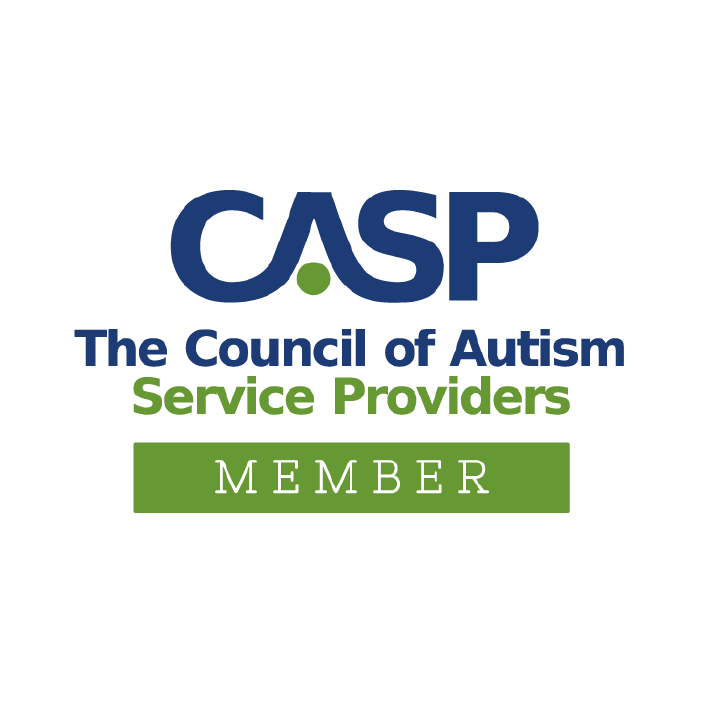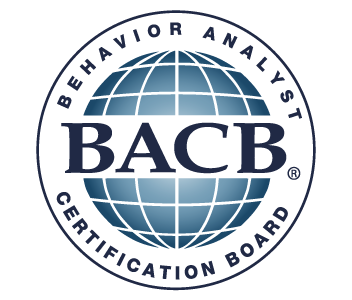What is the New Jersey Autism and Other Developmental Disabilities Mandate?
In 2009, the New Jersey Autism and Other Developmental Disabilities Mandate was passed requiring all fully-insured plans written in the state of New Jersey to cover the following services for the diagnosis and treatment of autism and other developmental disabilities:
- Expenses for screening and diagnosis of an autism spectrum disorder (ASD) or other developmental disability (DD)
- Medically necessary physical therapy, occupational therapy and speech therapy
- Medically necessary behavioral intervention based on the principles of applied behavior analysis (ABA) for individuals with ASD to age 21
- Certain family cost share expenses incurred through New Jersey Early Intervention
In 2010, the Affordable Care Act (ACA) was passed which prohibited yearly or lifetime dollar amount limits on essential health benefits. This eliminated the $36,000 per year cap which existed under the 2009 mandate.
In 2014, the mandate was amended to expand coverage of ABA to adults with autism and to remove visit limitations for occupational, physical and speech therapies to treat autism.
So why don’t all children in New Jersey with an ASD diagnosis have coverage for ABA?
Not all health plans are required to comply with the New Jersey Autism and Other Developmental Disabilities Mandate. Only “fully-insured” plans written in the state of New Jersey, NJ State Health Benefits program, and the School Employees’ Health Benefits program are subject to the requirements the mandate.
A fully-insured plan is one in which an individual or an employer pays an insurance company to assume the risk of insuring the individual(s) and pays claims for covered treatment and services.
On the other hand, self-funded plans are required to comply with certain federal laws, but not with state laws including the mandate. A self-funded plan is one in which an employer directly assumes the risk of covering health related expenses. They are administered by insurance companies that will process claims and make payments on the employer’s behalf so they may look like a fully insured plan at first glance.
To determine if your plans is a fully insured or a self funded plan, look for the designation on your insurance card. Insurance cards issued in New Jersey must state if the coverage is self-funded or not. You may see a phrase such as “administered by” on the card to indicate that the plan is self-funded.
In addition, public health plans run by the state to cover individuals with low income and/or disabilities are excluded from the mandate. New Jersey FamilyCare is a state- and federally-funded public health insurance program administered by The Division of Medical Assistance and Health Services (DMAHS). Because NJ FamilyCare is not a fully-insured plan, the coverage is not governed by New Jersey insurance mandates. New Jersey FamilyCare includes the Children’s Health Insurance Program (CHIP), Medicaid and Medicaid expansion.
What can you do if you have a self-funded plan?
- Speak to your employer about adding ABA coverage to your plan. Employers offering self-funded plans elect the type of coverage they offer to employees and can elect to include a benefit for ABA and other services. If your self-funded plan specifically excludes benefits for autism, you may want to speak to your employer about adding it to your plan.
- Purchase a child-only insurance plan through the marketplace. Even if you have employee-based insurance, you may still be able to purchase individual child-only coverage in the insurance marketplace. In this situation, you can maintain self-funded coverage for yourself and/or spouses and siblings, but elect to waive coverage for your child(ren) with autism, and instead purchase an individual plan for the child through the insurance marketplace. However, people with plans offered through their employer may not qualify for insurance discounts based on their income if their employer plan is considered affordable and meets the minimum care standard defined under the ACA. If you decide to switch, you will first need to determine whether you have the option to waive your employer’s healthcare coverage. In addition. you will only be able to buy coverage during a specific yearly enrollment period which for 2016 is November 1, 2015 to January 31, 2016. You may be able to purchase a marketplace plan outside the open enrollment period if you qualify for a special enrollment period (e.g., change in marital status, move to a different State). Although marketplace plans must comply with the state mandate to cover autism-related therapies, it is important to carefully review out-of-pocket costs such as deductibles and copayments. Plans with lower out-of-pocket costs typically have higher monthly premiums, but they may be more cost-effective if the child will be participating in intensive services. You can find more information on the healthcare marketplace website.




